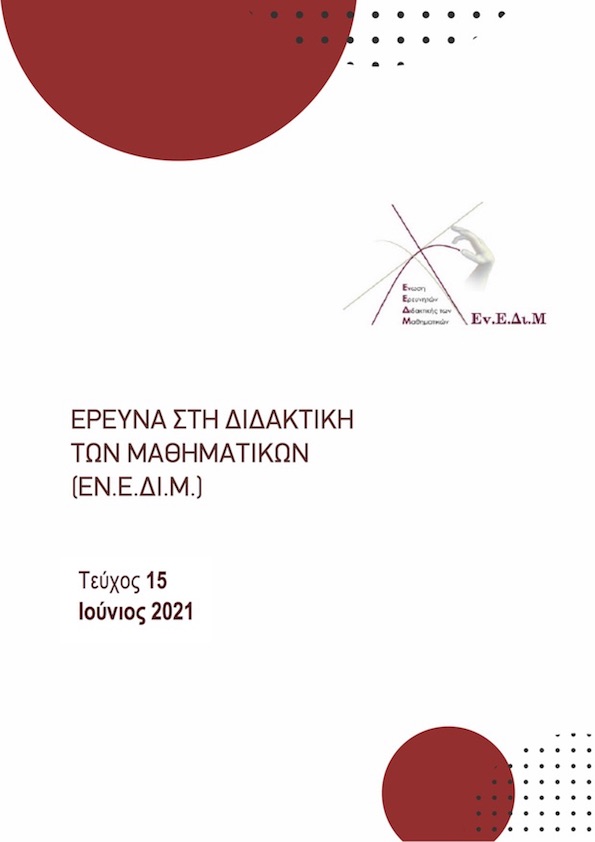EDUCATIONAL ROBOTICS AND DEVELOPMENT OF SPATIAL THINKING: A TEACHING EXPERIENCE WITH PRESCHOOL CHILDREN

Abstract
In this paper we focus on if and how possible is for spatial skills to emerge for preschool children through their engagement in collaborative scenarios of designing and programming the movement of a robot within the context of a teaching experiment. The children who participated in the teaching experiment were engaged in a series of activities that required collaborative pseudocode synthesis practices. The data we collected is based on field observation diaries, interviews, "flowcharts" created by the children and aimed to systematically capture their overall experience. The data analysis and interpretation lead us to the conclusion that the development of specific spatial skills of preschoolers is possible if they are actively engaged in educational robotics scenarios that provide them access to a variety of mental tools and favor social interaction between children as a basis for knowledge building.
Article Details
- How to Cite
-
Κούριας (Spyros Kourias) Σ. (2021). EDUCATIONAL ROBOTICS AND DEVELOPMENT OF SPATIAL THINKING: A TEACHING EXPERIENCE WITH PRESCHOOL CHILDREN. Research in Mathematics Education, (15), 6–23. https://doi.org/10.12681/enedim.24621
- Section
- Young Researchers

This work is licensed under a Creative Commons Attribution 4.0 International License.
Authors who publish with this journal agree to the following terms:
Authors retain copyright and grant the journal right of first publication with the work simultaneously licensed under a Creative Commons Attribution licence that allows others to share the work with an acknowledgement of the work's authorship and initial publication in this journal.
Authors are able to enter into separate, additional contractual arrangements for the non-exclusive distribution of the journal's published version of the work (e.g. post it to an institutional repository or publish it in a book), with an acknowledgement of its initial publication in this journal.
Authors are permitted and encouraged to post their work online (preferably in institutional repositories or on their website) prior to and during the submission process, as it can lead to productive exchanges, as well as earlier and greater citation of published work (See The Effect of Open Access).


